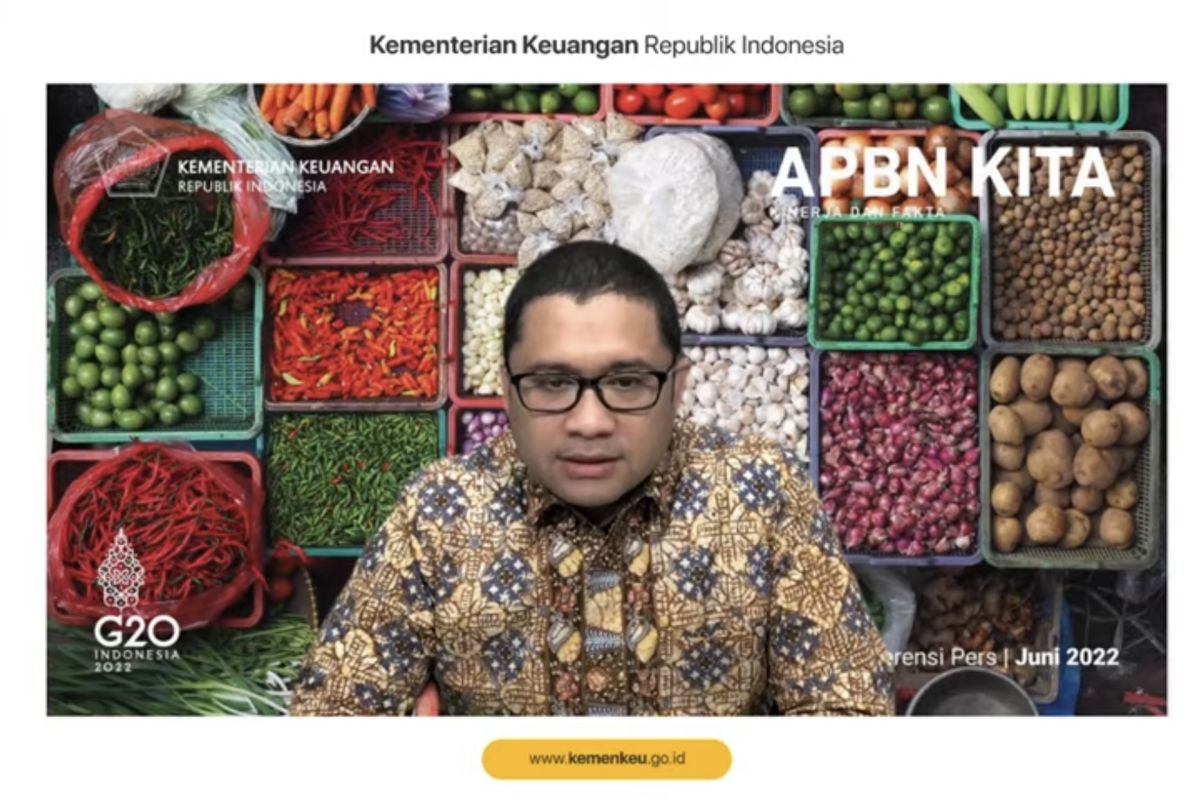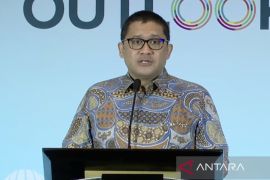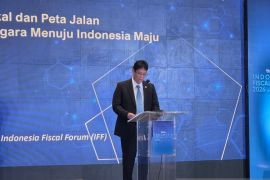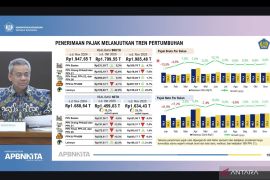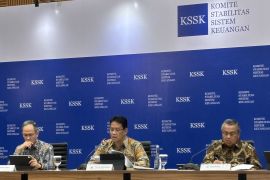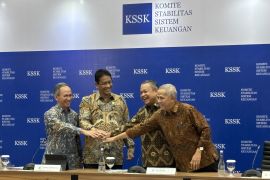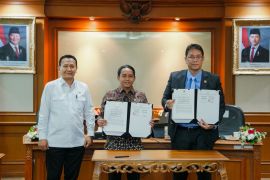"The government considers to review the implementation of the carbon tax in July 2022," he informed at a press conference in Jakarta on Thursday.
The supporting regulations for carbon tax are still being finalized by all ministries and institutions (K/L), including the Ministry of Finance, he added.
The preparation of the regulations will take into account all aspects, including the development of carbon markets, the achievement of nationally determined contribution (NDC) targets, and sector readiness.
In addition, the government is also aware of the economic conditions that are still overshadowed by global turmoil, so they will need to be anticipated carefully.
Meanwhile, improving the carbon market is a step that still needs to be undertaken considering it is crucial for the achievement of NDCs.
"We are improving the relevant laws and regulations and this will complement the implementation of the carbon tax," Kacaribu said.
However, he assured that the government is still aiming to apply the carbon tax for the first time on coal power plants with a cap and tax mechanism in 2022, as mandated by the Law on Harmonization of Tax Regulations (UU HPP).
Related news: Carbon tax imposition put off till July 2022: minister
The government is also continuing to consider implementing the carbon tax in 2022 as a strategic policy driver that will be showcased at the G20 Summit.
The carbon tax policy will strengthen Indonesia's commitment to reducing greenhouse gas (GHG) emissions by 29 percent independently and by 41 percent with international support by 2030, according to the National Research and Innovation Agency (BRIN).
"This policy would have an impact on the behavior of the industry and society to produce and consume products with low greenhouse gas emissions," head of the Biological and Environmental Organization of BRIN, Iman Hidayat, noted during a webinar on "Towards an Era of Green Innovation and Investment," which was accessed virtually from here on Monday.
Hidayat highlighted that the implementation of the carbon tax and Law Number 7 of 2021 concerning the Harmonization of Tax Regulations (UU HPP) will also strengthen Indonesia's commitment to achieve the net-zero emissions target by 2060 or earlier.
The HPP Law will serve as the basis for the implementation of the carbon tax in Indonesia in addition to other derivative regulations of the law, he added.
"We need to support this policy (carbon tax) since this is a government policy that is indeed environmentally oriented," he said.
Through the implementation of the carbon tax, business actors in Indonesia are expected to become more careful in managing their businesses to reduce greenhouse gas emissions and promote a green economy while developing their industry.
Related news: Need supporting policies to reduce social impact of carbon tax: BRIN
Related news: Carbon tax bolsters efforts to lower GHG emissions: BRIN
Translator: Astrid F, Azis Kurmala
Editor: Suharto
Copyright © ANTARA 2022
